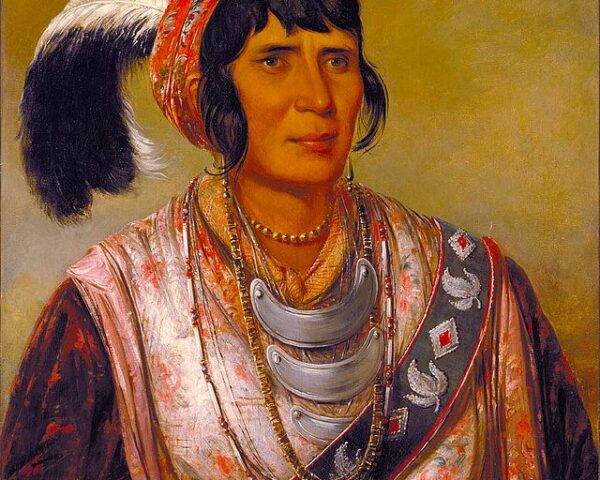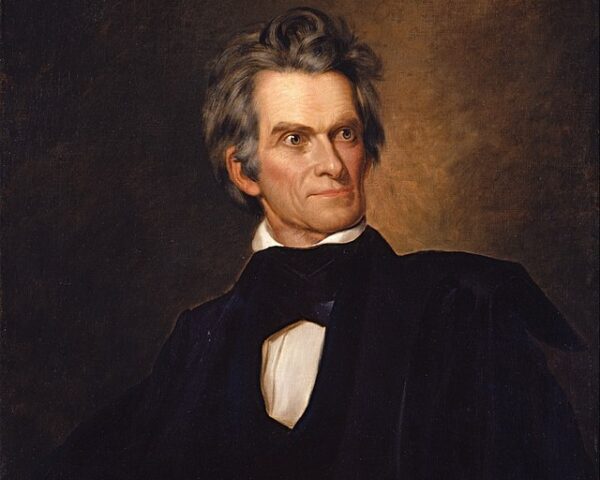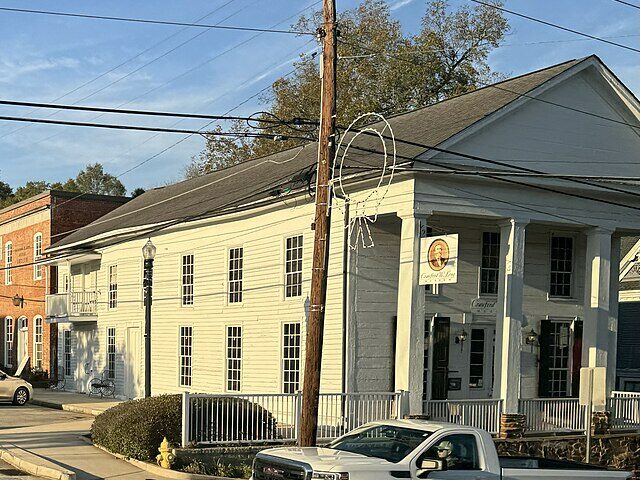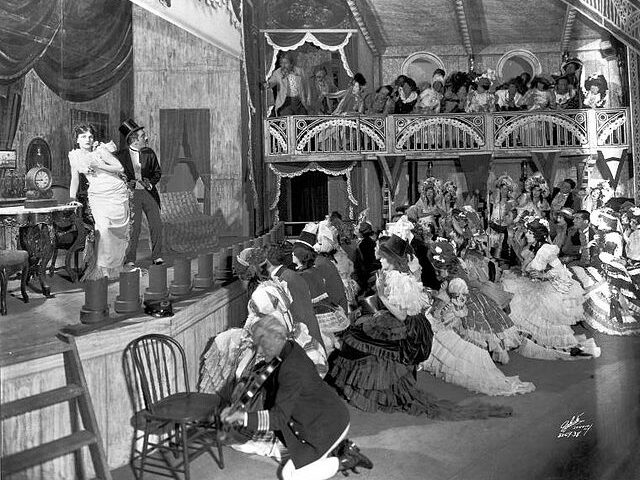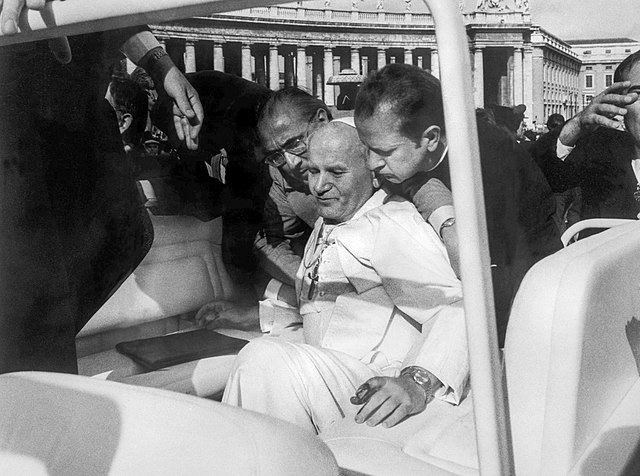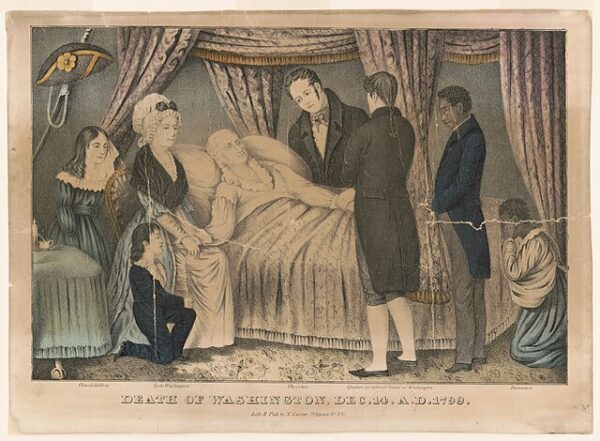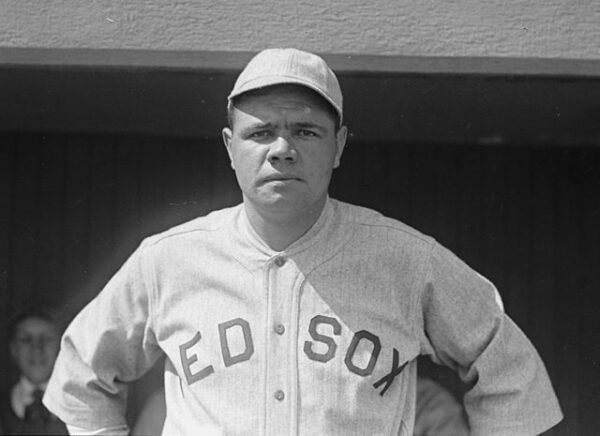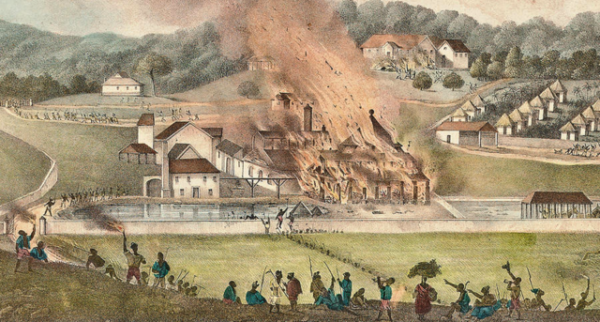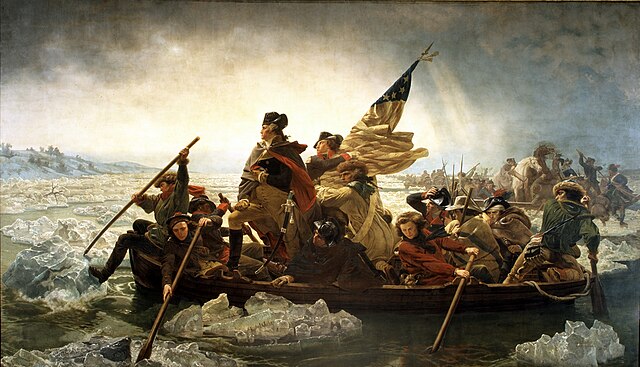On December 28, 1835, a violent confrontation in central Florida marked the opening shots of one of the longest, costliest, and most politically revealing conflicts between the United States and an Indigenous nation: the Second Seminole War. At its center stood Osceola, a defiant…
Read MoreOn December 28, 1832, John C. Calhoun became the first Vice President of the United States to resign from office, marking a pivotal moment in American history. His resignation highlighted the escalating sectional tensions. Far from being an impulsive decision, Calhoun’s departure was the…
Read MoreOn December 27, 1845, in the small town of Jefferson, Georgia, a quiet medical experiment unfolded that would permanently alter the experience of human suffering. On that day, Dr. Crawford Long administered ether anesthesia during childbirth for the first time, extending a technique he…
Read MoreOn December 27, 1927, Show Boat premiered at the Ziegfeld Theatre on Broadway, marking a turning point in American musical theater. This groundbreaking collaboration between composer Jerome Kern and lyricist Oscar Hammerstein II brought to life Edna Ferber’s 1926 novel, transforming the art form…
Read MoreOn December 27, 1983, in a profound act of forgiveness and reconciliation, Pope John Paul II visited Mehmet Ali Ağca, the man who had attempted to assassinate him, in Rome’s Rebibbia prison. The meeting was a personal gesture of pardon and a powerful public…
Read MoreOn December 26, 1799, just ten days after the death of George Washington, the United States Congress convened in solemn session to honor the man whose life had become inseparable from the nation’s founding. It was there that Henry Lee III—Revolutionary War cavalry commander,…
Read MoreOn December 26, 1919, a deal was finalized that would permanently change baseball history and give rise to one of the most famous superstitions in sports: the Curse of the Bambino. Boston Red Sox owner Harry Frazee sold the team’s star player, George Herman…
Read MoreOn December 26, 1991, the world changed when the Soviet Union officially came to an end, marking the official end of the Cold War, which had gripped the world for nearly five decades. The dissolution of the Soviet Union was a complex process, culminating…
Read MoreOn December 25, 1831, as plantation owners across Jamaica gathered to celebrate Christmas, thousands of enslaved men and women quietly set in motion one of the most consequential uprisings in the history of Atlantic slavery. What became known as the Great Jamaican Slave Revolt—or…
Read MoreWashington Crossing the Delaware is an iconic moment in American history that took place during the American Revolutionary War on the night of December 25-26, 1776. Leading the Continental Army, General George Washington orchestrated a daring and strategic crossing of the ice-filled Delaware River…
Read More

